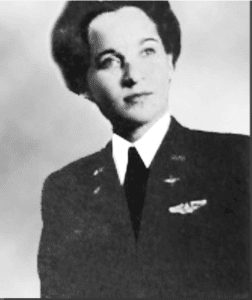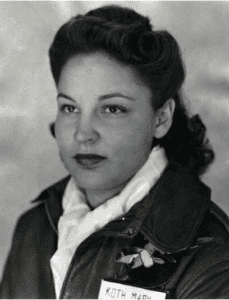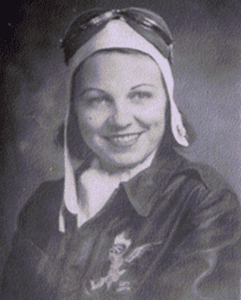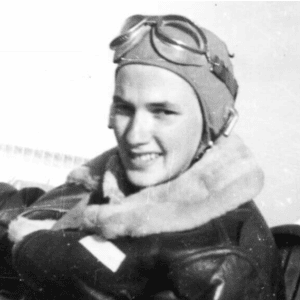Tuskegee Airman and New York businessman Percy Sutton died a year ago this week, at the age of 89. TIME magazine asked the Rev. Jesse Jackson to do a write up about his life on their “Milestones” page. Jackson described Sutton as a “Renaissance man” because of his long career in politics and business as well as his many interests.
After studying law courtesy of the GI Bill after WWII, Sutton became Manhattan borough president in 1966, making him the highest-ranking black official in the state at the time. He was active in the civil rights movement and marched in Selma, Alabama. He was Malcolm X’s attorney until his 1965 assassination.
After studying law courtesy of the GI Bill after WWII, Sutton became Manhattan borough president in 1966, making him the highest-ranking black official in the state at the time. He was active in the civil rights movement and marched in Selma, Alabama. He was Malcolm X’s attorney until his 1965 assassination.
All of this and more were outlined in TIME, but one fact stood out in Jackson’s short article. It reflected in the modern day what the Tuskegee Airmen demonstrated as they worked to earn the right to fly and fight as military pilots in WWII.
In 1971, Sutton bought a radio station, making it the first black-owned station in New York City. He had to go to 62 banks to get the money to buy that station. Nothing is said about the reason he needed to persevere. The banks’ reluctance to provide the financing could have involved any number of factors including the color of his skin. What stands out is that Sutton DID persevere. 62 times he approached a bank for financing to make his dream of owning a radio station come true. 62 times he gave a presentation designed to convince a bank management team that he was a good risk. This man had a goal in mind and he wasn’t going to rest until he achieved it.
The Tuskegee Airmen showed that sort of dedication and persistence in the face of blatant discrimination due to the color of their skin. Nothing was going to keep them from becoming Army Air Corps pilots once the hangar door was finally opened to them. The fact that the creation of the segregated airfield at Tuskegee was considered an “experiment” didn’t faze them – they worked hard to earn their wings and prove the naysayers in the military brass wrong. When they were sent overseas to serve in Africa and then Italy and white officers wouldn’t exchange salutes with them, they worked through the insult and became legendary through sheer hard work, determination and skill.
Tomorrow is the first day of 2011. If you’ve made a New Year’s resolution like I have, we could certainly benefit from approaching it like Percy Sutton and the rest of the Tuskegee Airmen did when they worked to reach their goals.
· Make a serious commitment to accomplish the change that the resolution/goal requires
· Share your goal with others so they can encourage you (and maybe join you!)
· Keep at it no matter how often you run into obstacles or get discouraged (Black men aren’t qualified to fly in the U.S. Army Air Corps! 62 banks!)
· Enjoy the rewards when you reach the goal
Best wishes from everyone at the CAF Red Tail Project for a healthy and prosperous 2011.
www.redtail.org





